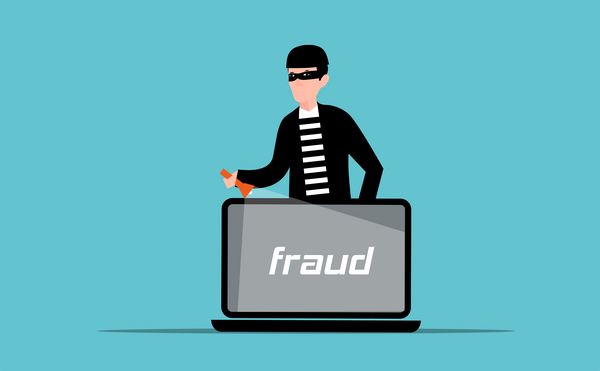Data breaches in France: How can old data breaches impact your privacy and money?

Every day, we entrust personal information to companies and organizations from across the globe, be it our names, email, addresses, phone numbers, financial information, health data or Social Security numbers.
The French data protection regulator, the CNIL, said it received 4,088 notices of data breach violations in 2022, with about 63% of them due to cyberattacks.
The consequences may not be immediate, but exposure of personally identifiable information or pieces of one’s identity can have long-term implications on a person’s privacy and financial wellbeing.
Depending on the type of information exposed, some data breaches may seem minor while others can cause severe financial loss, emotional distress and reputational damages.
But don’t be fooled by those breaches that expose less-sensitive information. Data entry points such as your name, email address or phone number can still leave you at risk of identity theft and fraud. In fact, every subsequent data breach (no matter how severe breach) will further deteriorate the security of your digital self, putting you at risk of attacks that may result in fraud.
Now let’s take a look at three extensive data breaches impacting French users and analyze the security and privacy issues:
1. DedalusBiologie
In February of 2021, the medical records of about half a million French patients were compromised and made public online.
The data breach at medical software vendor DedalusBiologie revealed a trove of patient information, including full names, emails, phone numbers, Social Security numbers, prescribing doctors, health insurance providers and other sensitive medical data, such as HIV status, pregnancy status, genetic diseases and more. The data was shared within the cybercriminal community, exposing 491,939 patients to blackmail, scams and other social engineering schemes.
2. Pierre Rouquès – Les Bluets Maternity Hospital
In October 2022, a cyberattack at the Parisian maternity hospital “Pierre Rouquès – Les Bluets allowed threat actors to steal over 150 GB worth of staff and patient medical records and they were also shared on the dark web. The data also included names, addresses, accounts, and Outlook account backups of staff members.
3. Apollo.io
In September of 2018, sales intelligence firm Apollo.io suffered a major data breach exposing over 9 billion data points and 125 million unique email addresses. Over 10.9 million of these email addresses, along with their accompanying information, belonged to French users.
On top of personal and professional email addresses, the leaked archived also exposed full names, phone numbers, location coordinates of users and employers, professional data including current and past employment positions, employer information and links to social media profiles (including LinkedIn).
This extensive list of personal and employment information could be used and reused for years to come, allowing malicious actors to conduct highly targeted phishing attacks (via email, phone or instant messaging), brute-force attacks that may lead to account takeovers of both personal and business accounts of victims.
A determined individual can combine the leaked information with data from other breaches to create highly detailed target profiles that could enable him to fully compromise the identity of a victim and commit fraud.
Data from older breaches usually gets packaged together and recycled to conduct new attacks, while inflicting a sense of confusion in victims who may have a hard time tracking down where the incident or exposure occurred. Once your data appears in a leak archive on the Dark Web or a compilation of data breaches, the risk of spam, fraud or other attacks is high. While you may be able to delete or change your email address (which can be a nuisance), you can’t change your name, date of birth or medical data.
You can’t prevent hackers from compromising data that you don’t control, but you can take measures to strengthen your security and greatly reduce the potential damages of a breach. With Bitdefender Digital Identity Protection, you can take control and manage your digital identity.
Digital Identity Protection continuously scans millions of websites and the Dark Web, searching for your past leaked data. You can see your digital footprint at a glance, check your breach history, map risk and any personal information that may have ended up online: email addresses, phone numbers, passwords, social media links, physical addresses, and credit card details. It even allows you to sniff out social media impersonators.
If you are involved in a breach, you will get actionable advice about what to do next to minimize risks, based on your personalized risk map and identity score.
tags
Author
Alina is a history buff passionate about cybersecurity and anything sci-fi, advocating Bitdefender technologies and solutions. She spends most of her time between her two feline friends and traveling.
View all postsRight now Top posts
How to Protect Your WhatsApp from Hackers and Scammers – 8 Key Settings and Best Practices
April 03, 2025
Outpacing Cyberthreats: Bitdefender Together with Scuderia Ferrari HP in 2025
March 12, 2025
Streamjacking Scams On YouTube Leverage CS2 Pro Player Championships to Defraud Gamers
February 20, 2025
How to Identify and Protect Yourself from Gaming Laptop Scams
February 11, 2025
FOLLOW US ON SOCIAL MEDIA
You might also like
Bookmarks







